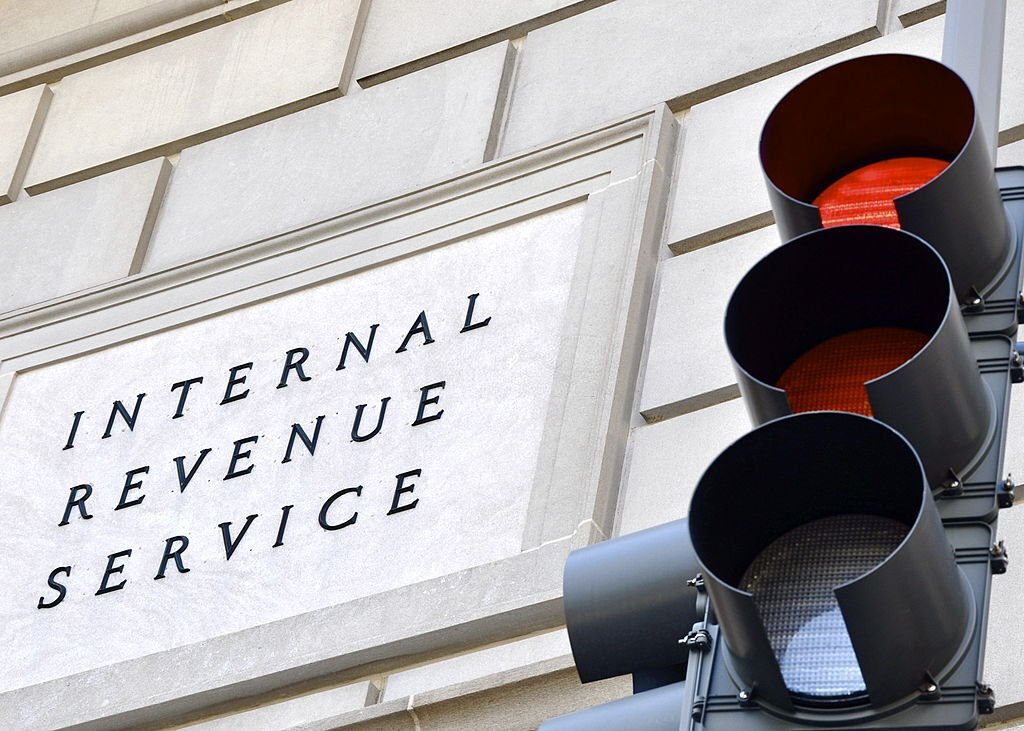Advice making the rounds on social media touting a “self-employment tax credit” as a way for self-employed and gig workers to receive big payments for the COVID-19 pandemic period is a new problem the IRS is dealing with because no such tax credit exists.
In a consumer alert issued on Monday, the IRS said bad advice circulating on social media about the non-existent “self-employment tax credit” is misleading taxpayers into filing false claims.
Similar to misleading marketing around the employee retention credit, there is inaccurate information suggesting many people qualify for the tax credit and payments of up to $32,000 when they actually don’t.
In reality, the IRS said, the underlying credit being referred to on social media isn’t called the “self-employment tax credit” but a much more limited and technical tax credit for sick leave and family leave. Many people usually don’t qualify for these credits, and the IRS stated it’s closely reviewing claims coming in under this tax code provision.

“This is another misleading social media claim that’s fooling well-meaning taxpayers into thinking they’re due a big payday,” IRS Commissioner Danny Werfel said in a statement on July 15. “People shouldn’t be misled by outlandish claims they see on social media. Before paying someone to file these claims, taxpayers should consult with a trusted tax professional to see if they meet the very limited eligibility scenarios.”
People who were self-employed can claim tax credits for sick leave and family leave only for limited COVID-19 pandemic-related circumstances in 2020 and 2021; the credit is not available for 2023 tax returns. The IRS noted it’s seeing repeated instances where taxpayers are incorrectly using Form 7202, Credits for Sick Leave and Family Leave for Certain Self-Employed Individuals, to incorrectly claim a credit based on income earned as an employee and not as a self-employed individual.
To qualify for the sick leave and family leave credits, self-employed workers have to meet a variety of technical reasons in 2020 and 2021 that didn’t allow them to work, including caring for an individual subject to a quarantine or isolation order. The IRS has a detailed set of FAQs on the technical requirements for meeting this provision of the tax code.
The IRS has previously warned taxpayers about misusing sick leave and family leave credits stemming from various tax scams and inaccurate social media advice that led thousands of taxpayers to file inflated refund claims during this past tax season.
In addition to these credits, the IRS has warned taxpayers not to fall for scams on social media centered around the fuel tax credit and household employment taxes. The IRS has seen thousands of ineligible claims from taxpayers, leading to refunds being delayed and the need for taxpayers to show they have legitimate documentation to support these claims.
“These improper claims have been fueled by social media and people sharing bad advice,” Werfel said. “Scam artists constantly prey on people’s hopes and try to use the complexity of the tax system to convince people there are secret ways to get a big refund. All of these scams illustrate that it’s important to carefully review the tax return for accuracy before filing and rely on the advice of a trusted tax professional, not someone trying to make a quick buck or a questionable source on social media.”
Thanks for reading CPA Practice Advisor!
Subscribe Already registered? Log In
Need more information? Read the FAQs




